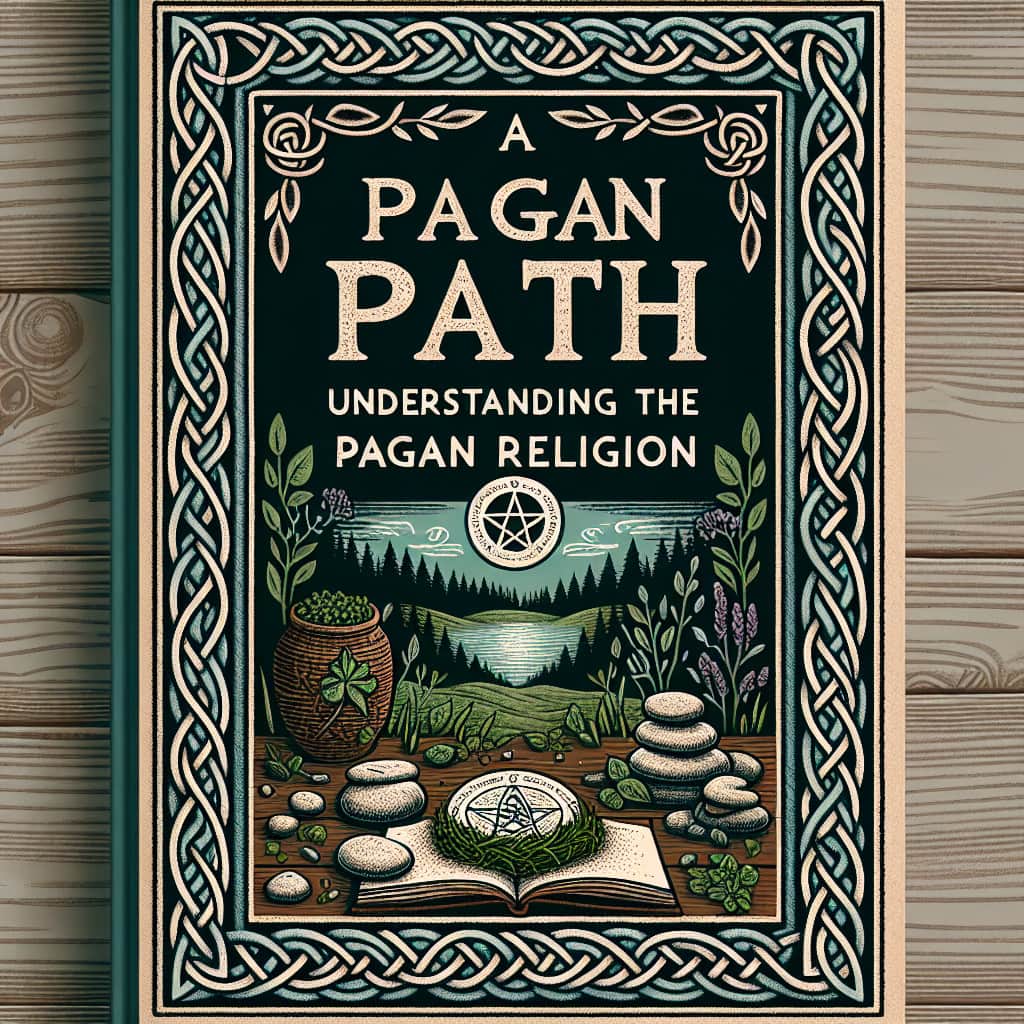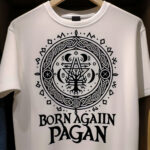Paganism is a term used to describe a variety of spiritual and religious practices rooted in pre-Christian belief systems. It is an umbrella term that encompasses multiple spiritual paths, including Wicca, Druidry, and Shamanism. This article will explore what a pagan path is and how one might go about finding the path that is right for them. We will also discuss some of the common beliefs and practices associated with Paganism, and how they may be incorporated into a pagan lifestyle. Finally, we will discuss how one might embark on the journey of finding the path that is right for them.
Paganism is a broad term that encompasses many different spiritual and religious paths. A Pagan path is an individual’s spiritual journey through life, which is often based on the belief that all things are connected and should be respected. It is also a way of connecting with nature, the divine, and the elements.
Pagan paths can vary greatly in their practices, beliefs, and traditions. Some may follow an established Pagan religion such as Wicca or Druidry, while others may practice an eclectic mix of spiritual beliefs and traditions. Many Pagans are polytheistic, meaning they recognize multiple gods and goddesses, but some may follow non-theistic paths, such as animism.
What is a Pagan Path?
A Pagan path is an individual’s spiritual journey and practice. It is often based on the belief that all things are connected and should be respected. Pagans commonly practice meditation, ritual, and other spiritual activities to connect with the divine and with nature.
Pagan paths may vary greatly in their practices and beliefs. Some Pagans follow an established Pagan religion, such as Wicca or Druidry, while others practice an eclectic mix of spiritual beliefs and traditions. Many Pagans are polytheistic, meaning they recognize multiple gods and goddesses, while some may follow non-theistic paths, such as animism.
What Practices are Commonly Found on a Pagan Path?
Pagan paths often involve ritual and ceremony, meditation, prayer, and divination. Pagans may also practice magic, spellwork, and other rituals and activities related to their spiritual beliefs.
Some Pagans create altars or shrine spaces in their homes to honor their gods and goddesses. Altars typically include items such as candles, incense, and symbols of the divine. Pagans may also use crystals and other stones in their rituals and ceremonies.
Pagans often celebrate seasonal holidays, known as sabbats, to mark the changing of the seasons and to honor the gods and goddesses. These sabbats typically involve rituals, such as honoring the gods and goddesses, and feasting.
Many Pagans also practice ancestor veneration, which is the practice of honoring and paying respects to their ancestors. This may include offerings, prayers, and other rituals to honor the ancestors and to seek their guidance and protection.
What Beliefs do Pagans Have?
Pagan beliefs vary greatly from person to person, as each Pagan path is unique. However, there are some common beliefs among Pagans.
Pagans often believe in a cycle of birth, death, and rebirth known as reincarnation. This belief is based on the idea that our souls are eternal and that we are reborn into this world multiple times.
Pagans also often believe in the divine energy of the universe and the interconnectedness of all things. This belief is based on the idea that all things are connected, and that we should respect and honor each other and all of creation.
Pagans may also believe in the power of magic and spellwork. This belief is based on the idea that we can use ritual, meditation, and other spiritual activities to manifest our desires and make positive changes in our lives.
Do Pagans Worship the Devil?
No. Paganism is a diverse spiritual path and not all Pagans worship the same gods or goddesses. While some Pagans may practice forms of Satanism, this is not a common practice among Pagans.
Paganism is not a unified religion, and each Pagan has their own unique beliefs and practices. As such, there is no single answer to this question.
Conclusion
Paganism is a diverse spiritual path that encompasses many different spiritual practices and beliefs. A Pagan path is an individual’s spiritual journey and practice, which is often based on the belief that all things are connected and should be respected. Pagan paths can vary greatly in their practices, beliefs, and traditions, but a few common practices include ritual, meditation, prayer, and divination. Pagans may also practice ancestor veneration, celebrate seasonal holidays, and honor multiple gods and goddesses. Paganism is not a unified religion, and there is no single answer to whether or not Pagans worship the Devil.
In conclusion, a Pagan path is a spiritual journey that is unique to each individual. It is based on a deep connection to nature, and a belief in the power of magic and ritual. It is an ancient and powerful spiritual practice, and one that can be adapted to fit the needs of each individual. It is important to remember that no two Pagan paths are the same, and that it is up to each individual to find the path that works best for them. Ultimately, a Pagan path is an incredibly rewarding and fulfilling journey that can open up a world of spiritual exploration and growth.





